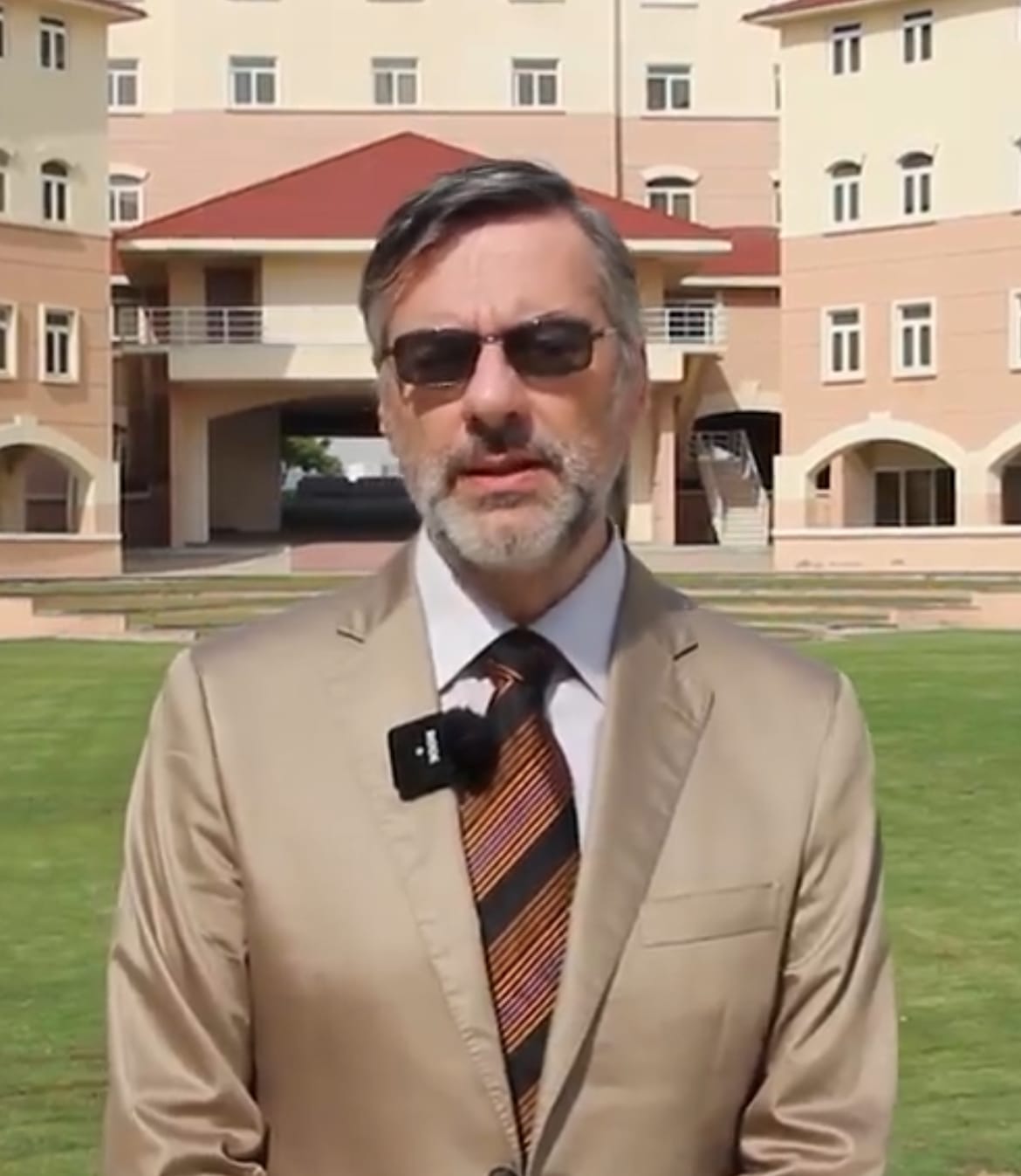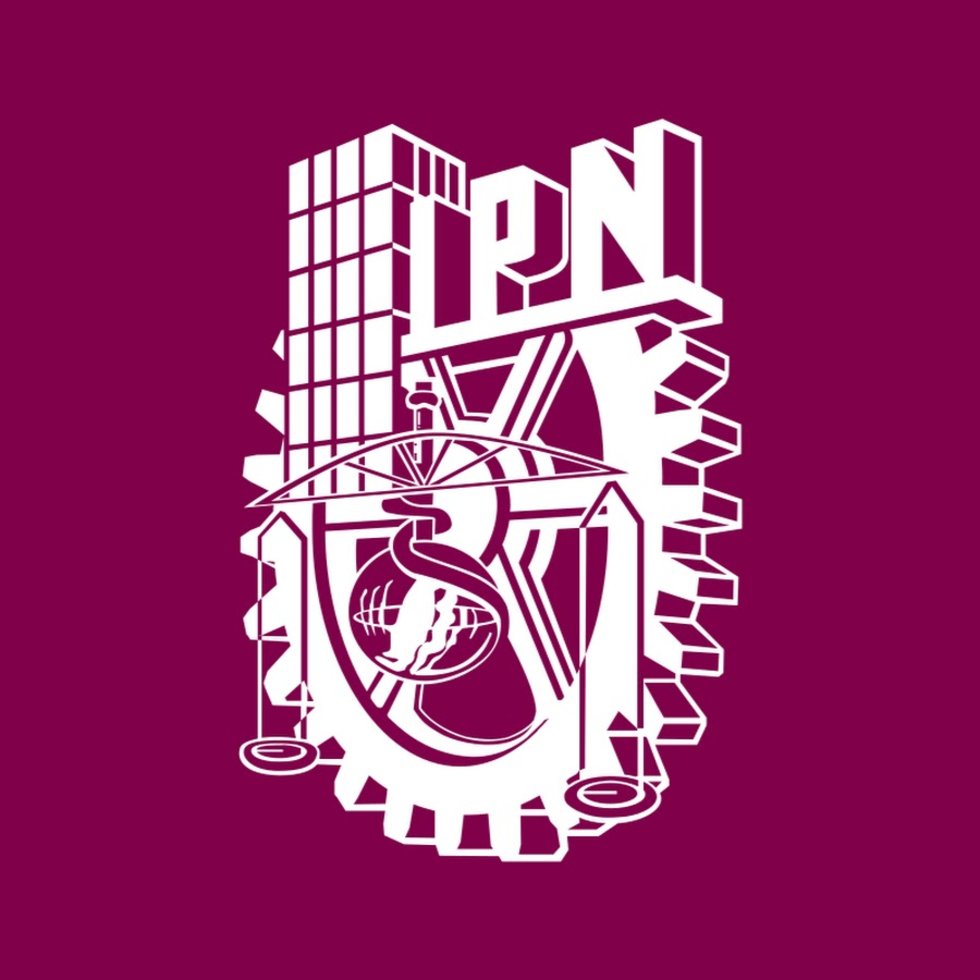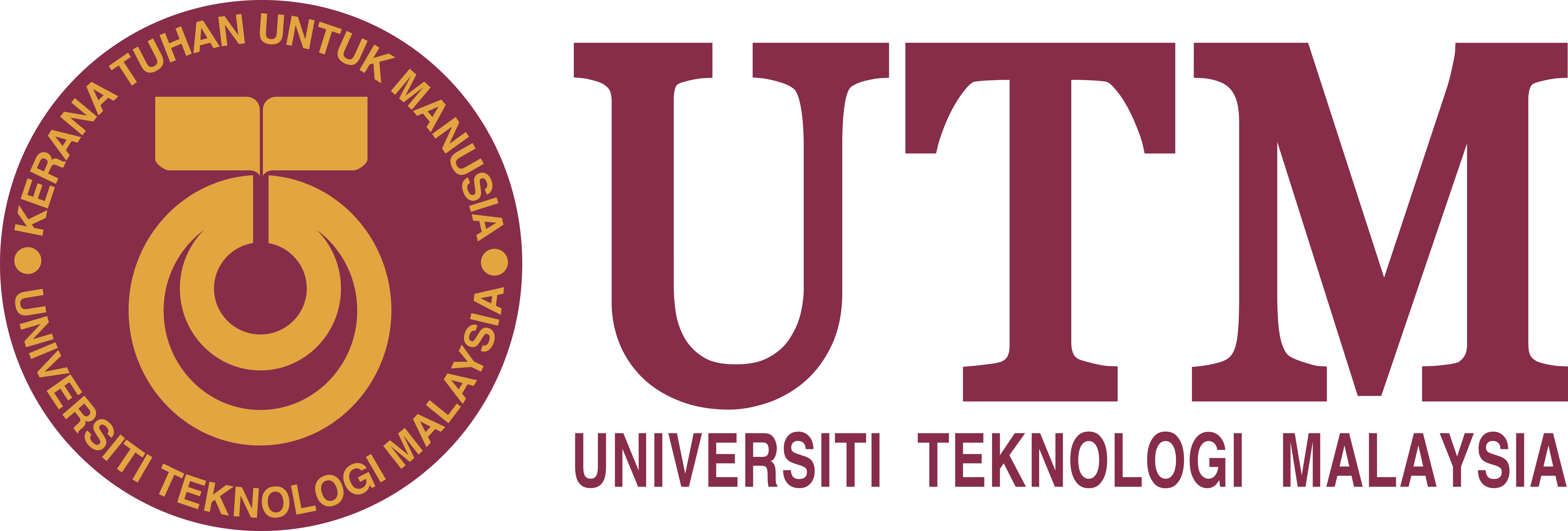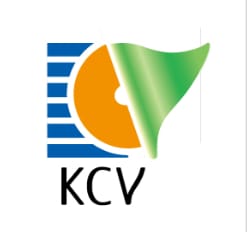SOMET 2025
SOMET 2025:The 24th International Conference on Intelligent Software Methodologies, Tools, and Techniques
Kitakyushu, Japan
| September 23-26, 2025
Keynote Speakers

"Generative AI Meets the Digital Twin: Rethinking Operations Management for the Intelligent Enterprise"
Roberto Revetria
University of Genoa, Italy
Abstract
As digital transformation accelerates, the integration of Generative AI with Digital Twins and simulation models is redefining the landscape of Operations Management. This keynote explores how these technologies are converging to enhance decision-making, predictability, and adaptability in complex industrial systems. Drawing on real-world case studies from manufacturing, logistics, and energy, the session will illustrate how generative AI models—when embedded within high-fidelity digital twins—can synthesize operational strategies, optimize workflows, and support real-time scenario testing. We will also reflect on the shifting expectations placed on enterprise leadership. As autonomous decision support systems rise in complexity and autonomy, business leaders must evolve from operational overseers to strategic orchestrators of AI-driven ecosystems. This transformation entails a new blend of skills, mindset, and governance capabilities. The keynote will conclude by addressing current limitations, ethical implications, and the need for robust requirement engineering practices to ensure high-assurance outcomes from these intelligent systems. As digital transformation accelerates, the integration of Generative AI with Digital Twins and simulation models is redefining the landscape of Operations Management. This keynote explores how these technologies are converging to enhance decision-making, predictability, and adaptability in complex industrial systems. Drawing on real-world case studies from manufacturing, logistics, and energy, the session will illustrate how generative AI models—when embedded within high-fidelity digital twins—can synthesize operational strategies, optimize workflows, and support real-time scenario testing. We will also reflect on the shifting expectations placed on enterprise leadership. As autonomous decision support systems rise in complexity and autonomy, business leaders must evolve from operational overseers to strategic orchestrators of AI-driven ecosystems. This transformation entails a new blend of skills, mindset, and governance capabilities. The keynote will conclude by addressing current limitations, ethical implications, and the need for robust requirement engineering practices to ensure high-assurance outcomes from these intelligent systems.
Outline:
- Convergence of Generative AI, Digital Twins, and Simulation in Operations Management
- Architecture and components of AI-integrated digital twin systems
- Benefits for predictive operations, anomaly detection, and resource optimization
-
Industrial Case Studies: Lessons from Real Deployments
- Use cases from manufacturing, logistics, and energy sectors
- Performance metrics, implementation challenges, and measurable impacts
-
The Role of Requirement Engineering for High-Assurance AI Systems
- Eliciting requirements for systems that evolve through learning
- Ensuring transparency, reliability, and traceability in AI-driven environments
-
Shifting Leadership Paradigms in AI-Augmented Enterprises
- New competencies for executives in hybrid human-AI decision loops
- Organizational implications and change management strategies
-
Emerging Challenges and Research Directions
- Model alignment, verification, and the limits of explainability
- Ethical concerns, formal validation techniques, and regulatory compliance
Biography: Prof. Roberto Revetria Full Professor, University of Genoa, Italy Roberto Revetria graduated with honors in 1998 in Engineering and was appointed as Sub-Lieutenant in the Italian Navy's Naval Ordnance Corps (NATO Code: OF-1), where he served as Chief of Control and Testing Services at the Naval Arsenal of Taranto. He completed his Ph.D. in Industrial Engineering at the University of Parma in 2002, with a dissertation on production systems and industrial plants. He has held academic positions at the University of Genoa where is Full Professor. His research spans modeling, simulation, digital twins, and decision support systems with applications across industrial, civil, military, and public sectors. His work is grounded in strong ties to industry, demonstrated by over 40 consultancy and research contracts with major corporations and government agencies. Prof. Revetria is a recognized expert in simulation and modeling, having developed advanced tools and techniques using both general-purpose (e.g., C++, Java, Python) and specialized platforms (e.g., AnyLogic™, Flexsim™, Arena™, Simul8™, iThink™, Powersim™, Plant Simulation™, VenSim™, Berkeley Madonna™). He has published more than 300 internationally peer-reviewed scientific articles and several university-level textbooks. He is an editorial board member of several international journals and has led applied research projects across key industrial sectors. He also served as Deputy Director of the Italian Center of Excellence in Logistics and Transport (CIELI) and has provided long-term consultancy to the Holy See (Vatican City), supporting IT projects for APSA. His contributions to management training focus on Risk Management, Decision Support Systems, and Healthcare Project Management.










